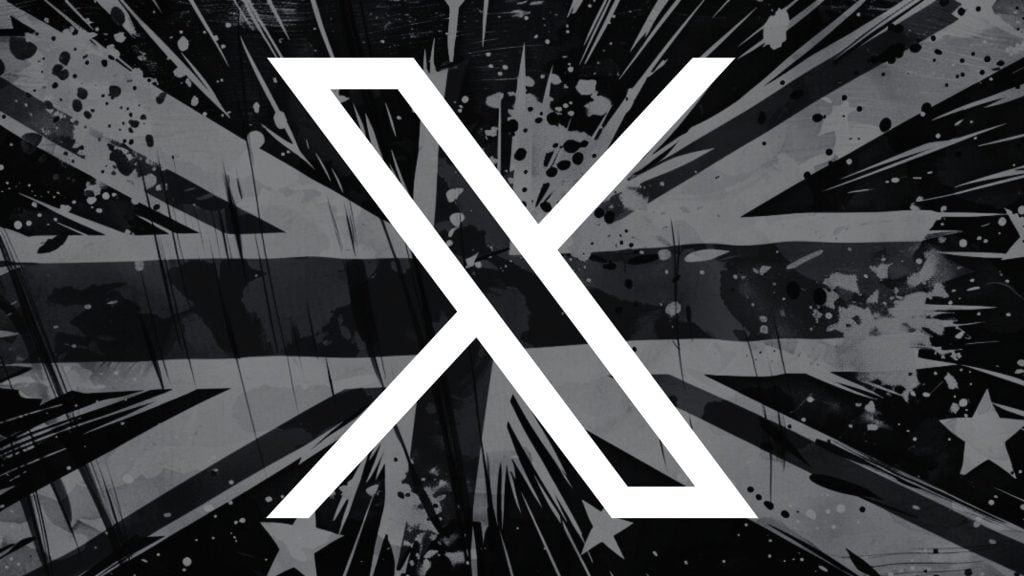Internet shutdowns in Myanmar, formerly known as Burma, have left millions unaware of the COVID-19 story. The Myanmar government’s excuse for the internet shutdown is “national security.”
When we talk about internet restrictions, the countries that come to mind are North Korea and China. However, in these countries, it is censorship (blocking specific sites) and temporary shutdowns. In Myanmar, there has been an internet shutdown in some regions for more than a year. As a result, millions are not aware of the global pandemic.
Worse even, according to Human Rights Watch, relief organizations are not allowed to visit the regions where the internet is just but a word.
Myanmar’s current government, elected in the country’s first democratic elections in 2015, ordered telecoms to deny internet access to nine villages in two states on June 20, 2019. That order came during the height of the armed conflict between the ethnic Arakan Army (AA) and the Myanmar military. AA is one of the largest militia groups in Rakhine state and purportedly fights for the freedom and democracy of the multi-ethnic people of the Arakan region.
The internet shutdown has a significant impact on the rights of millions of residents in the states of Chin and Rakhine.
“With the armed conflict between the Myanmar military and Arakan Army in Rakhine State amid a pandemic, it’s critical for civilians to get the information needed to stay safe,” Human Rights Watch has said.
The internet shutdown, which the government tries to justify, is not only preventing Burmese people from accessing information but also puts their lives at risk. It is worth noting the affected areas have a large population of ethnic minorities (including Rohingya Muslim), which puts to question the government’s commitment to protecting these people.
“Vulnerable communities are being deprived of potentially life-saving public health information during an unprecedented global pandemic and intensifying violence. It is critical to restoring online access now,” said James Rodehaver of the Southeast Asia Human Rights Office.
The government insists that people are not in an information blackout since it broadcasts important information through public address systems, and SMS services are still available.
The human rights violations are, on paper, surprising from a government led by the lady who won the 1991 Nobel Prize for non-violent fighting for human rights and democracy, Aung San Suu Kyi. Yet, those who know more about the leader don’t find it surprising at all, as accusations of genocide against the Rohingya Muslim minority have been made.
In December 2017, Suu Kyi called for the arrest of two Reuters journalists, Wa Lone and Kyaw Soe Oo who were investigating the Inn Din massacre of Rohingyas alleged to have been carried out by Myanmar’s security forces.
If you're tired of censorship and dystopian threats against civil liberties, subscribe to Reclaim The Net.









